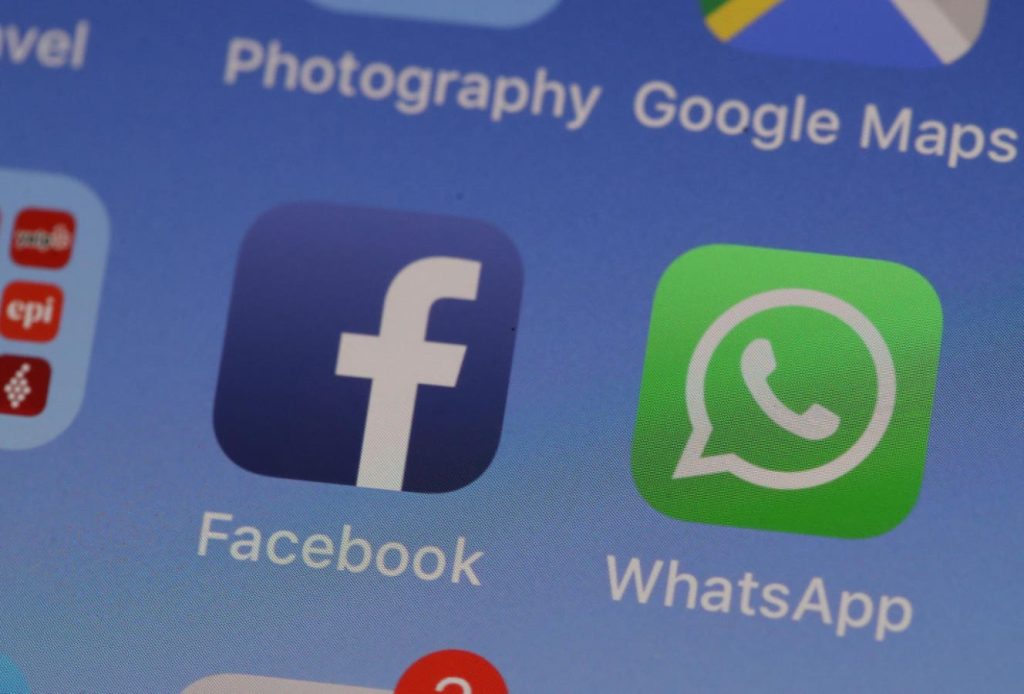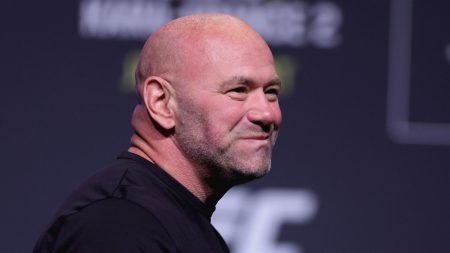WhatsApp is changing and will allow users to see messages from other messaging services, even if they don’t subscribe to those other apps. The same will apply to Messenger. Now, parent company Meta has confirmed details of what, how and when it’s all happening—and the changes are almost there.
March 11 update below. This post was first published on March 8, 2024.
In a statement titled “Making messaging interoperability with third parties safe for users in Europe”, Meta said, “On March 7th, a new EU law, the Digital Markets Act (DMA), comes into force. One of its requirements is that designated messaging services must let third-party messaging services become interoperable, provided the third-party meets a series of eligibility, including technical and security requirements.”
While the changes are EU-only for now, governments worldwide are watching how changes like this affect consumers and could enact similar legislation, so it could affect all users before long.
The date of the act coming into force has now passed and Meta suggests it is ready for the act’s first requirements: “In year one, the requirement is for 1:1 text messaging between individual users and the sharing of images, voice messages, videos, and other attached files between individual end users. In the future, requirements expand to group functionality and calling.”
So, does that mean Signal, iMessage, Telegram and other apps will pop up in WhatsApp straight away? Not quite. Meta has emphasized that this is an opt-in service, so users need to say they want to receive and send between services outside WhatsApp.
And before that happens, those third-party apps need to ask to join. I would be astonished if Apple wanted iMessage in WhatsApp, but other services may be interested. Meta says, “While Meta must be ready to enable interoperability with other services within three months of receiving a request, it may take longer before the functionality is ready for public use. We wanted to take this opportunity to set out the technical infrastructure and thinking that sits behind our interop solution.”
Until now, details of how this would work were scant. Now, for the first time, Meta has explained that it will ask third parties to use the Signal protocol, which is used by WhatsApp and Messenger.
It will only allow developers to use another protocol if, “they are able to demonstrate it offers the same security guarantees as Signal.” It calls Signal the “current gold standard”.
Third parties will have to host image or video files (when this capability is enabled), it says, and there are lots of other technical details in the statement. Key is ensuring the privacy and safety of WhatsApp’s users.
March 11 update. Reviews of how the new third-party messaging will work, based on what Meta and others have said, have been largely positive. Android Authority praises the fact that not only is it opt-in, but that once in you can choose which apps to admit. “That could be great for privacy and security purposes, especially when it comes to platforms that are prone to spammers and scammers,” the site said. This chimes with what Meta is saying, “Our approach to compliance with the DMA is centered around preserving privacy and security for users as far as is possible. The DMA quite rightly makes it a legal requirement that we should not weaken security provided to Meta’s own users.” Meta also pointed out that end-to-end encrypted (E2EE) protocol is still rolling out by default for personal communication, but on WhatsApp, this default has been the case since 2016. In both cases, we are using the Signal Protocol as the foundation for these E2EE communications, as it represents the current gold standard for E2EE chats.”
It’s still not quite clear whether this new feature will be available globally or only for users in the EU. Obviously, the DMA is what sparked all this and other changes, such as those from Apple, have been strictly implemented only for EU users. I have asked WhatsApp and will let you know the response as soon as I have one.
March 11 update, 12.30 p.m. Finally, an update on who will get the brilliant third-party messaging feature in WhatsApp. I haven’t yet had an official answer, but the excellent WABetaInfo has already come up with something compelling on this score. In a recent post, the reliably authoritative site published a screenshot which says, “Third-party chats are offered to our European Region users as required by law.”
This doesn’t actually say “…and nowhere else,” but the meaning is pretty clear. Like Apple, Meta has taken action to comply with the Digital Markets Act but neither company seems delighted to have been forced to do so. In other words, Meta won’t expand these capabilities beyond the European Union unless it has to.
Arguably, Meta has the easier obligation. After all, though it has to set up the ability for other messaging services to land their missives in WhatsApp, that doesn’t mean those rival services are actually going to do so. As mentioned above, it seems extremely unlikely that Apple will let iMessage appear in WhatsApp, especially since the recent iOS 17.4 release added extra security capabilities which, Apple says, put it far ahead of what rivals like WhatsApp can offer. Why would it destroy that extra security capability, about which it’s pretty proud?
The same lack of interest may apply from other messaging services, including Meta’s own Messenger (formerly Facebook Messenger).
Maybe this is the result Meta quietly wants: to be seen to have done everything the EU has required of it, but without anything changing in practical terms.
That said, Meta has confirmed that it is required to take action within three months of a service requesting access, so maybe more peripheral, smaller services will demand that they’re admitted.
And since part of the aim was to be able to find all your messages in one place instead of scrabbling through other services, maybe that defeats the point, since the smaller services are probably less beneficial than finding Signal, Telegram, iMessage and Messenger items sitting side by side with those from WhatsApp.
These are early days, so the story still has plenty of time to develop.
Read the full article here





